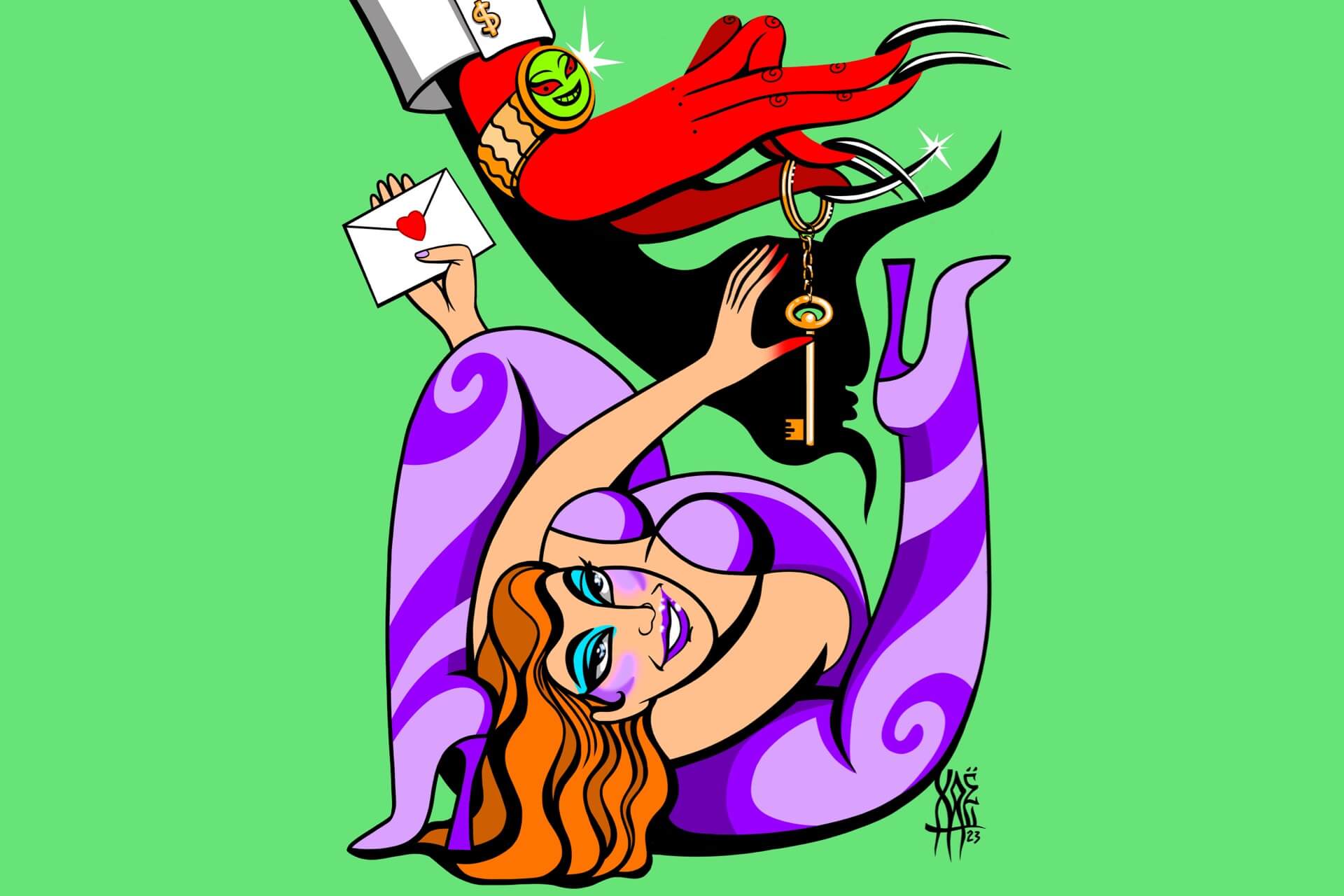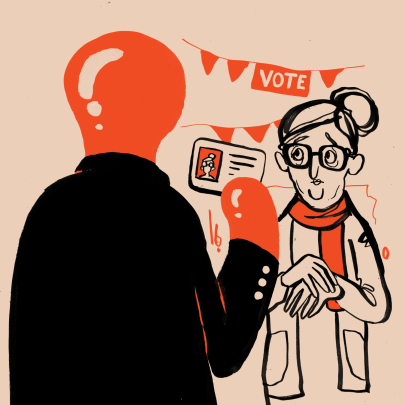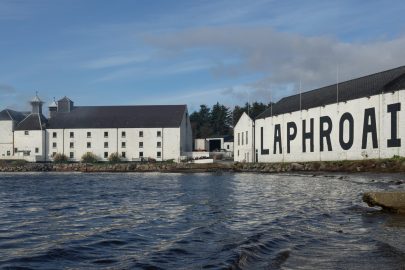Nov 11, 2023 Politics
A few years ago, a couple I know fell in love with a home for sale in their neighbourhood. It was also completely out of their budget, almost double their absolute ‘max max’. A colleague at their job (big government department, communications role) made a suggestion that they thought was brilliant: “Why don’t you write a letter to the owners explaining that, while you can only go up to half their asking price, you would lavish the house with love and care. It would be going to good, kind people.”
These are people with postgraduate degrees, well-paid public service careers, supportive and successful parents. Naturally, they deserve a complete stranger’s largesse. Because they’re so ‘good’.
I had my doubts about the strategy. It seemed improbable that the homeowner would agree to such a big financial loss for complete strangers already well-off enough to be actively house shopping. Would they try to pull the same ruse on someone else? Inevitably, someone would get caught holding the bill for the ‘kind’ people.
In 2017, Bridget Williams Books released a politics-adjacent book called The New Zealand Project by barrister and political adviser Max Harris. To ungenerously summarise it, I would describe it as a polished and digestible combination of statements about the importance of already universal values in politics, pre-existing Green or Labour talking points reworded slightly, and interviews with academics whose work interested readers would be better served by reading in full.
In an otherwise fairly positive review of the book for The Spinoff, Danyl McLauchlan made a salient comparison: “All the talk about What Must Be Done [on the progressive left generally as well as in The New Zealand Project] starts to feel less like activism and more like a form of fantasy roleplaying, only instead of pretending to be dragon-slayers, or vampires, progressive intellectuals pretend to be people who are relevant to contemporary politics.”
It would have been completely unmemorable if not for the time and place it came out — much like Kerouac’s On the Road, a mediocre piece of prose notable only because it was released during the postwar counterculture era and set amidst the background of the Beat Generation. For The New Zealand Project, that time was 2017 and the place was the Key–English New Zealand that was just about to see Jacinda Ardern elevated to the prime ministership.
This saw the birth of ‘the politics of kindness’ — a cynical public relations endeavour which, like The New Zealand Project, reframed government actions as a form of kindness that taxpayers should be eternally grateful for. Overnight, political discourse seemed to shift. Now a focus on ‘what is possible’ became seen as merely unsightly pessimism and lack of care
It’s true that governments can achieve great things, but that isn’t always required or feasible. And yet, during several moments in Ardern’s prime ministership, it was.
In the aftermath of the horrific attacks on two Christchurch mosques in March 2019, it was a great comfort to see a prime minister doing what we all hope we would do in the same situation: comforting the families of the 51 people who were murdered and the 40 people injured, assuring our Muslim community that the nation was united in support of them.
When Ardern provided optimism that we could come back together, it helped.
During the earliest days of Covid-19 — those first few months when it wasn’t clear how or when we would see again anything resembling the public lives we once knew — it was nice having a leader who was updating us regularly and seemed somehow assured and genuinely empathetic.
In those situations, it did feel like optimism and positive language were required. It didn’t feel like politics or spin — or maybe it did, but we needed the pep talk. Talk of kindness and our virtues as a ‘team of five million’ worked in its time and place.
If it had stayed there, and not been abused to garner party and personal support when stability returned, the thesis that there is a place in politics for a bit of hope might have been proven correct. The end. Instead, it was used to justify inaction or to distract from hypocrisy, and the varnish started to wear thin.
For many, the tipping point came during the debacle that was Managed Isolation and Quarantine. This was being run by the government that had advertised itself, globally, as a government that cared. With MIQ, it found itself stopping people from visiting dying loved ones, attending tangi, attending births; a bunch of ‘uncaring’ actions that they had been advised to take by experts. The reality was starting to sink in that a government couldn’t simply call everything a kindness and have that become true.
Pasifika communities received a formal apology for the Dawn Raids of the 1970s, an injustice inflicted on them by uncaring previous governments — and the prime minister’s own father, Ross Ardern, then a cop in South Auckland who carried out several raids. But the dawn raids didn’t stop on Ardern’s watch, even after her heartfelt apology. To misquote educator Seymour Skinner: It was us, the children who expected that an apology came with the obligation not to do it again, who were wrong.
After The New Zealand Project was released, Harris published an op-ed, also for The Spinoff, titled ‘You can go shopping with values’. It now appears that the bill for the ‘politics of kindness’ is due. We are facing a cost-of-living crisis; our once-vaunted public health system is on its knees; the International Monetary Fund predicts that next year our economy will face less growth than all 158 of the other nations it surveys bar a central African dictatorship flirting with collapse; and the country feels more divided than it did before 2017.
The party that adopted the language of caring now finds itself with a credibility issue entirely of its own making. It seems you can’t actually feed and house a family with positivity. The young couple I knew didn’t get that half-a-million-dollar price cut and never moved into their dream home. Welcome to reality.






